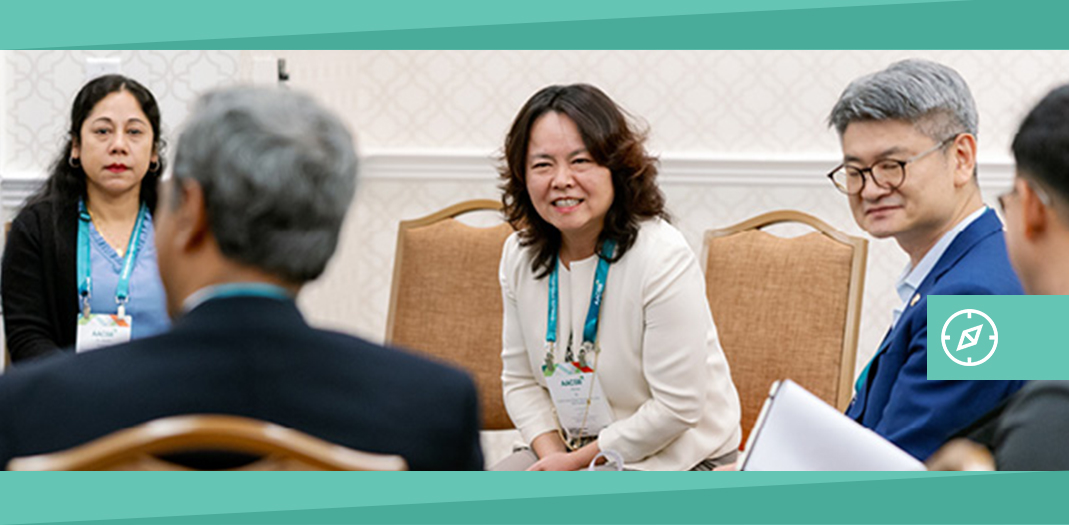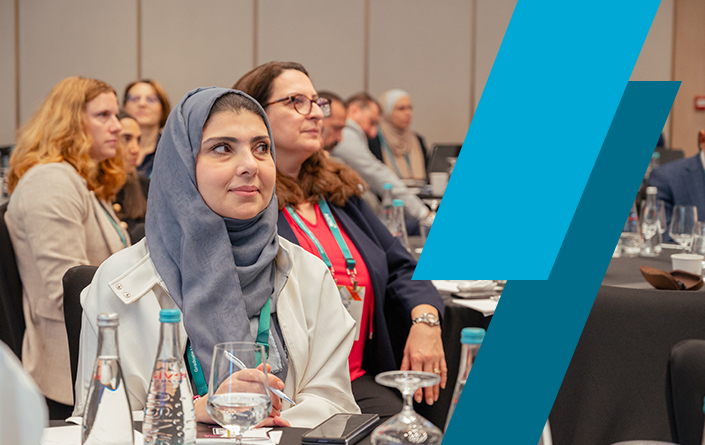Remaining Relevant in the Tech-Driven Workforce of the Future
Transcript
John Jacobs: [00:19] What are the implications of technology applications in business when it comes to job loss, right? If technology's going to replace jobs, what do people do to secure their jobs, to secure their future?
[00:27] When I started at Nasdaq, for example, in 1983, there was only 80 employees in the company and half of them were clerical. Today, there's 4,000 people in that company and none of them are clerical. The lesson learned there is that you'll have a different job, and technology allows you to do more, better, faster, and reach more people but at the end of the day, data is worthless without someone to interpret that data.
[00:51] Systems need people to manage those systems, to understand those applications. You need people to understand the business applications to design those systems. I do think that technology actually creates more job than it losses. It just changes them.
[01:04] The best thing for someone looking to excel in that world is be adaptable, be flexible, always be learning, and understand that what exists today is not going to exist tomorrow. It's going to change. Just to understand that change is inevitable, and you can thrive and excel in that world.
[01:23] My education, I went to the University of Maryland, studied accounting. Absolutely helped me with landing my dream job and my dream career. Accounting is the language of business. For me, to study accounting, it was great because I could walk into an organization. Nasdaq was a startup back in the '80s when I started. There were only 80 employees.
[01:40] It was wonderful because accounting helped me learn how all business work, etc. Here I am, a CPA with accounting degree, etc., and I became CMO of an S&P500 company. How many accountants become Chief Marketing Officers? I think it was the background of Maryland because they taught me a lot of different things. I focused on accounting, but I studied marketing and so on. Then I get to graduate school at Iowa.
[02:04] I credit both my business schools as giving me a tremendous background that allowed me to end up and why I stayed at Nasdaq for 30 years and got to knew all sorts of different things there because the training they gave me allowed me to be adaptable, flexible, understand, and look around corners. The most important thing in business is the ability to look around a corner.
[02:24] The first thing I always tell our students, this one I want to hammer all over is I never ever want to hear that you've ever said the words "It's not my job." Every job is your job. Understand that. You're 22 years old or whatever, you're an MBA or older than that, you're walking the workplace. There is nothing that's not your job. You will learn something from every one of those jobs and appreciate the breath and scope of your organization.
[02:45] Secondly though is I want you to constantly be open minded and apply the critical thinking that you learned. Look at your own business as a business case you study in school. Not be satisfied that they know all the answers there because enterprises tend to move slower than you think they do. You have a great opportunity.
[03:06] Hard work and open mind, application critical thinking, and the ability to step in there and just work is absolutely a recipe for success.





